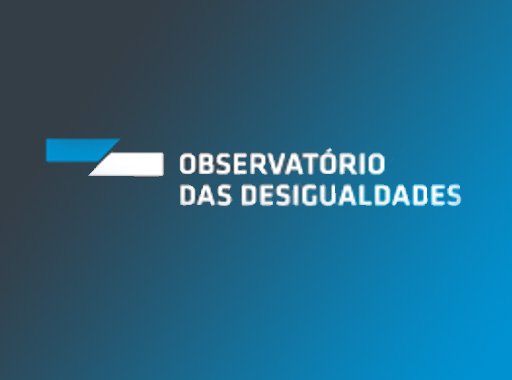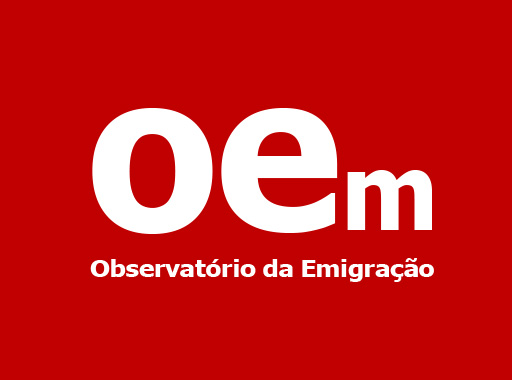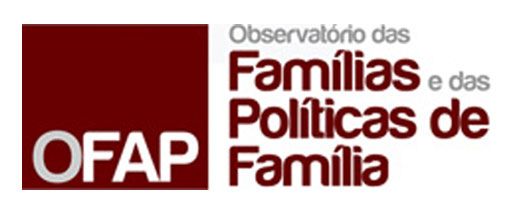Observatories are independent structures connected to the research units, designed to support research on current issues and pressing challenges facing contemporary societies.
The observatories' teams critically tackle their focus areas, contributing to the advancement of scientific knowledge and transferring this knowledge to society. They also contribute to the definition of research methodologies, the delineation and evaluation of public policy and analysis and consulting services.
Observatories at Iscte
The Inequality Observatory is a platform for scientific research and the dissemination of knowledge. A large number of social dimensions of inequality are addressed by the Observatory’s research and dissemination activities, e.g. inequalities in employment, income and wealth, education, qualification and skills, gender and age, race and ethnicity, and health and lifestyles, among others.
The Observatory is an independent structure, structured and coordinated by the Centre for Research and Studies in Sociology (CIES-IUL) in partnership with the Institute of Sociology at the University of Porto (IS-UP) and the Centre for Social Studies at the University of Azores (CES-UA). It makes information and analyses on inequality available to the larger public, fostering citizenship and contributing to the design and evaluation of public policies.
The Inequality Observatory is a founding member of the European Network Inequality Watch.
The Emigration Observatory - OEm provides evidence-based analysis of data on Portuguese emigration to inform media, policy and public debates, and to generate high quality research.
The Observatory is based at the Centre for Research and Studies in Sociology (CIES-IUL), and is supported and funded by a partnership between Iscte and the Directorate-General for Consular Affairs and Portuguese Communities. The team includes researchers from a wide range of disciplines at Iscte and their activities are advised by an Expert Advisory Board composed of experts in migration data and analysis from Portuguese universities, the public sector and emigrants' associations. OEm regularly hosts international researchers as speakers and has established multiple partnerships, including with international organisations, migration observatories and research networks, namely Rede Migra, a network of more than 250 researchers from 18 countries studying international migration to and from Portugal.
Observatories in collaboration with Iscte
Former Eurofound observatories on industrial relations (EIRO) and working conditions (WWCO) were combined to form EurWORK: the European Observatory of Working Life. DINÂMIA’CET-IUL, as national representative of the former EIRO, currently cooperates with EurWORK.
EurWORK gathers large resources on working conditions and industrial relations, and is supported by a network of European correspondents distributed throughout all European Union Member States and Norway. Eurofound carries out two regular surveys on labour subjects: the European Working Conditions Survey (EWCS) and the European Company Survey (ECS), which are major additional resources for the observatory.
EurWORK is centred on a set of labour-related issues, such as main actors and institutions; individual and collective labour relations; skills, learning and employability; wages; occupational health and well-being; work organization; working time and work-life balance; and current labour developments in Europe.
The European Employment Observatory (EEO) is an information system focused on employment policies and labour market trends in the European Union (EU). Its mission is to analyse forecasts of developments in the labour markets, particularly in the sectors of activity most affected by the completion of the internal market.
The EEO's main tasks are collecting information and statistical data from EU Member States; analysing large developments by sector; and disseminating results to economic and social players, specifically European social partners.
The Observatory is composed of representatives from the Member States, the EU candidate countries and the member countries of the European Economic Area (EEA). It operates through a steering group and a network of experts, SYSDEM - Community System of Documentation on Employment. SYSDEM is a network of experts from independent national research institutes, which contributes to the acheivement the EEO’s missions through: producing reports on evaluations and research on the impact of labour market policy; analysing policy priorities related to employment; and analysing national employment action plans. DINÂMIA’CET-IUL is the host institution of the national expert (Reinhard Naumann) who updates the information about Portuguese labour realities.
The purpose of the Observatory of Families and Family Policy (OFAP) is to deepen and disseminate knowledge about families and family policies in Portuguese society.
The two main lines of action of the OFAP are to observe the evolution of practices and dynamics of family life, as well as their impact on demographic patterns, and to monitor and make available information about family legislation and family policies i.e. government actions and other initiatives that regulate and support family life in Portugal.
Created in early 2010, this observatory started as an organic structure of the Instituto de Ciências Sociais da Universidade de Lisboa (ICS-UL), where it is located, under the scientific coordination of Karin Wall. At the end of that year, it was made into a partnership with the Centre for Research and Studies in Sociology (CIES-IUL).



